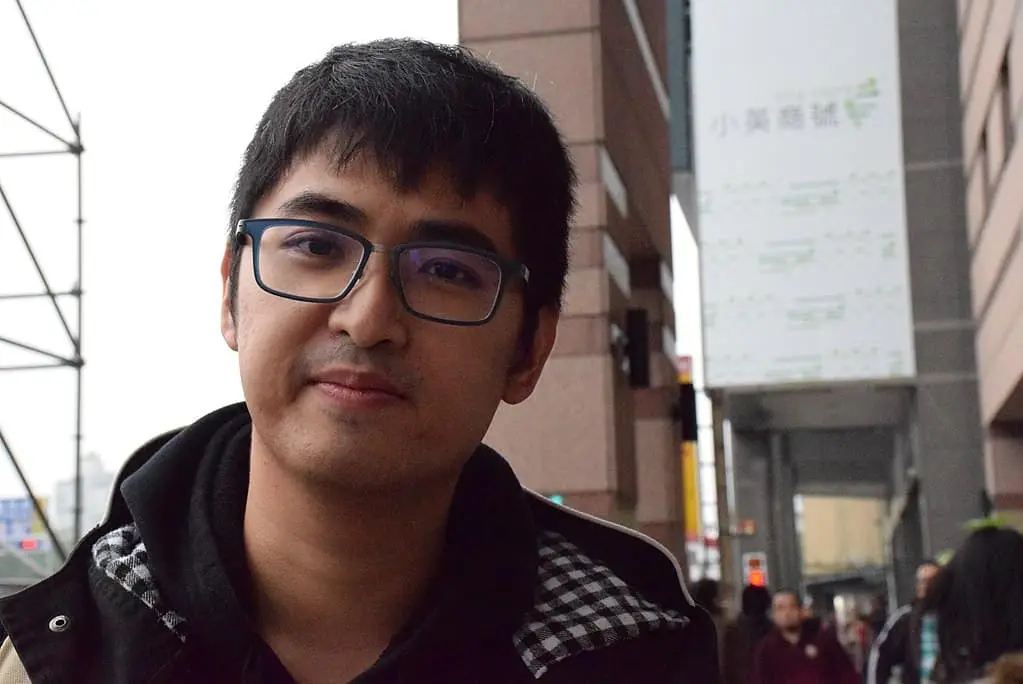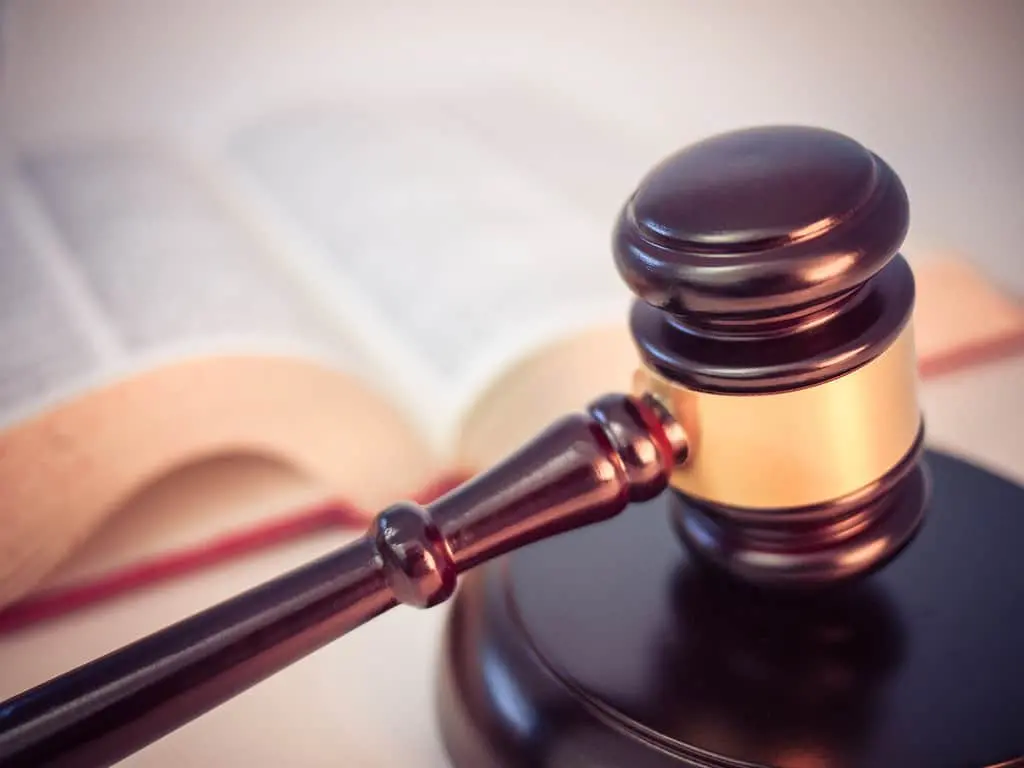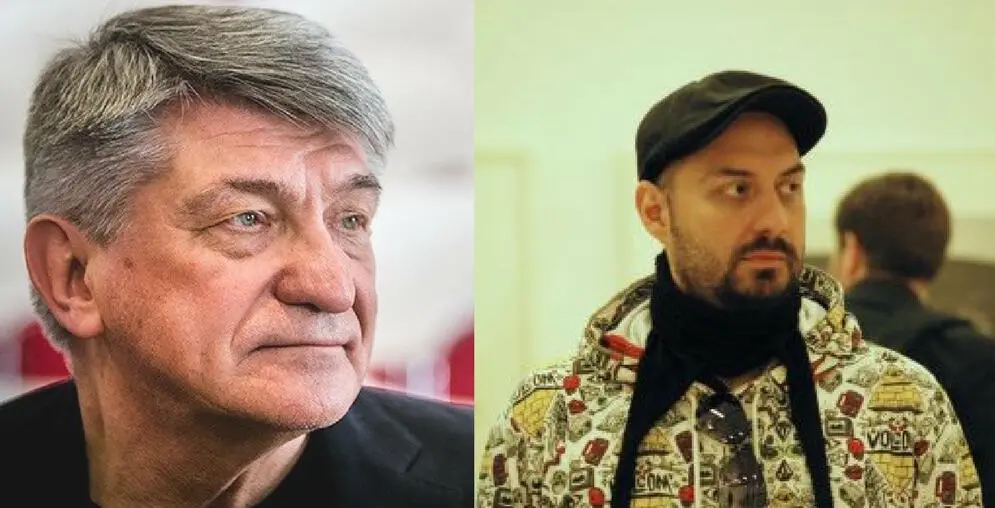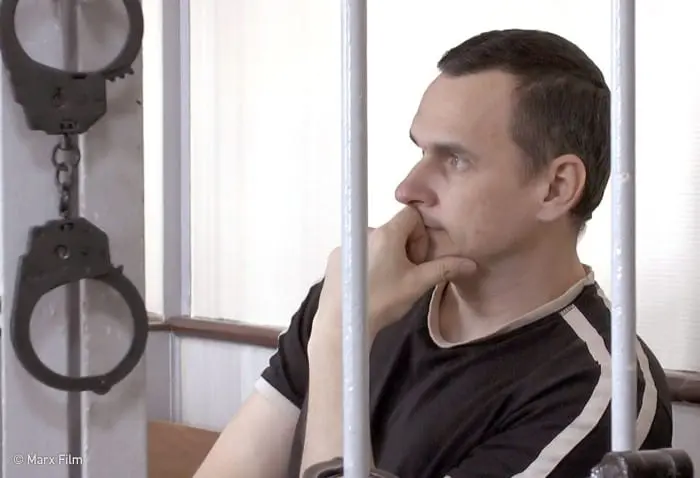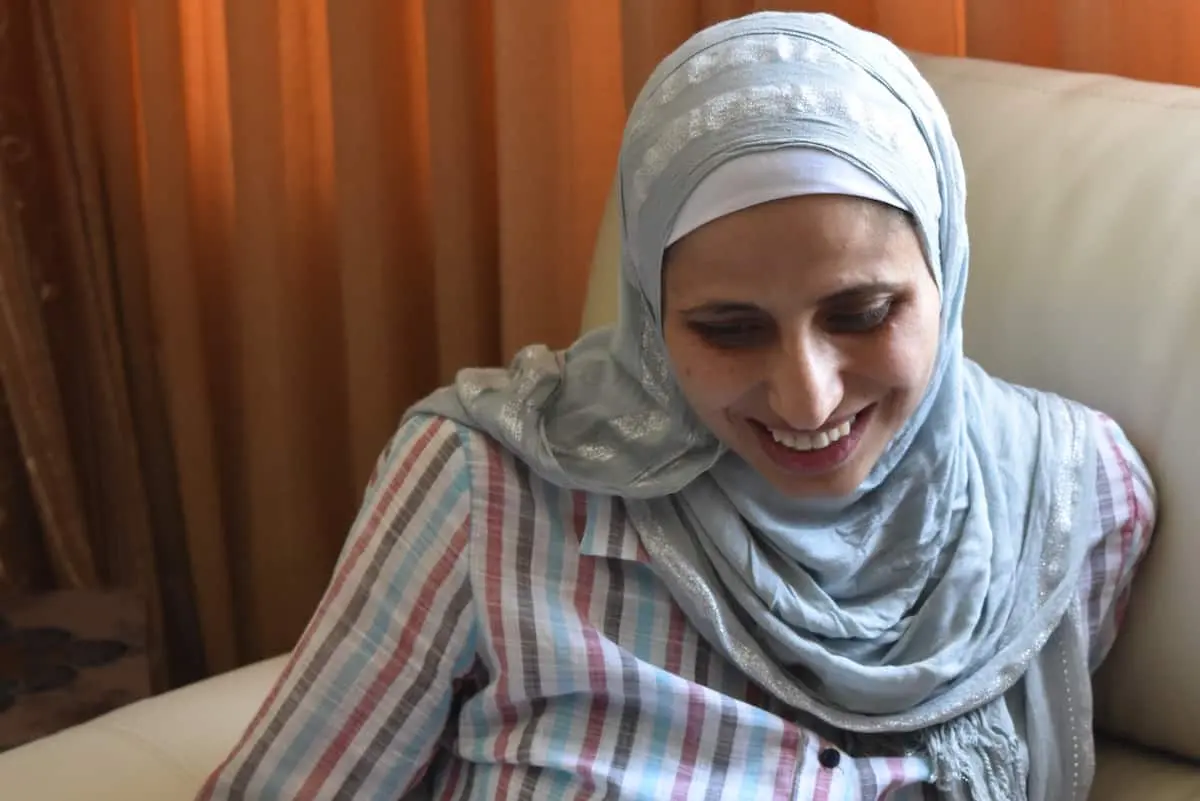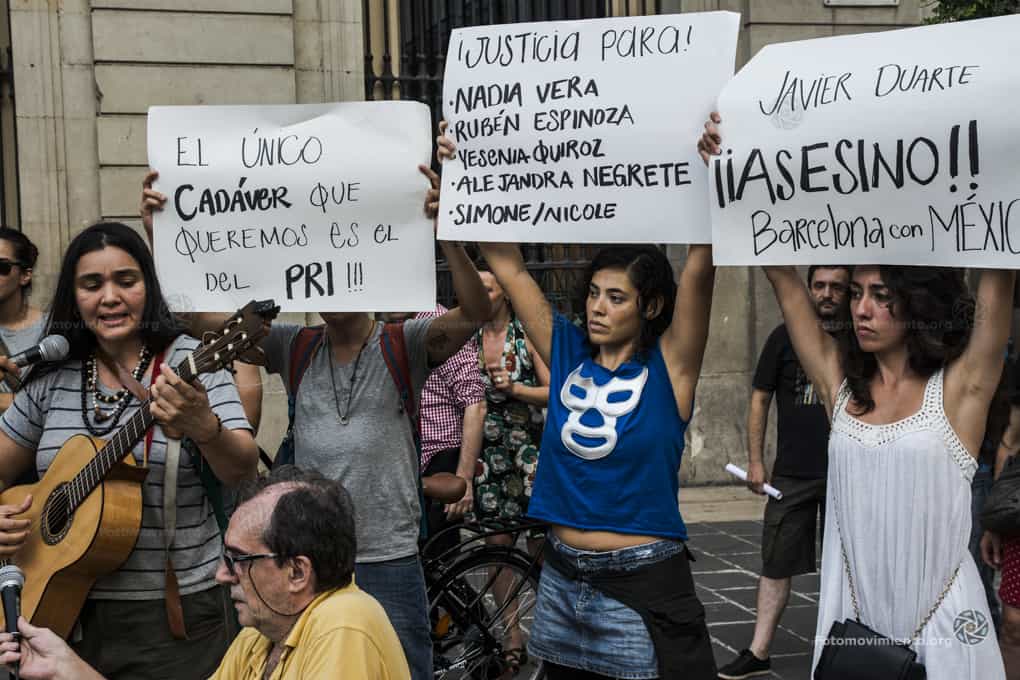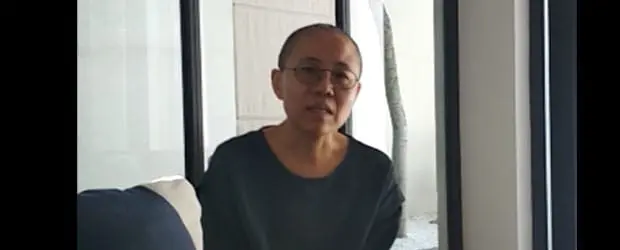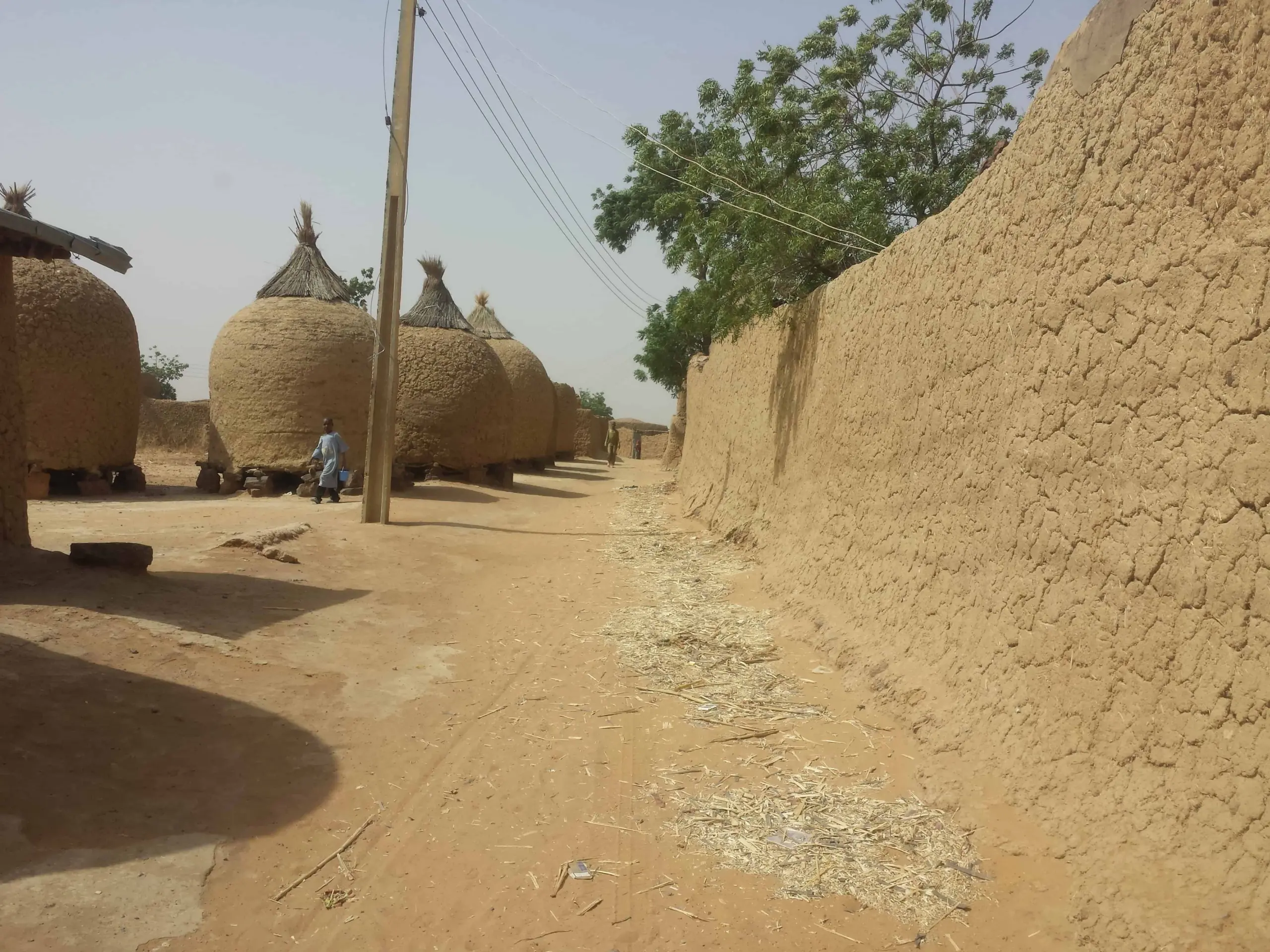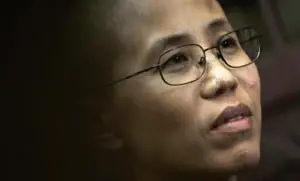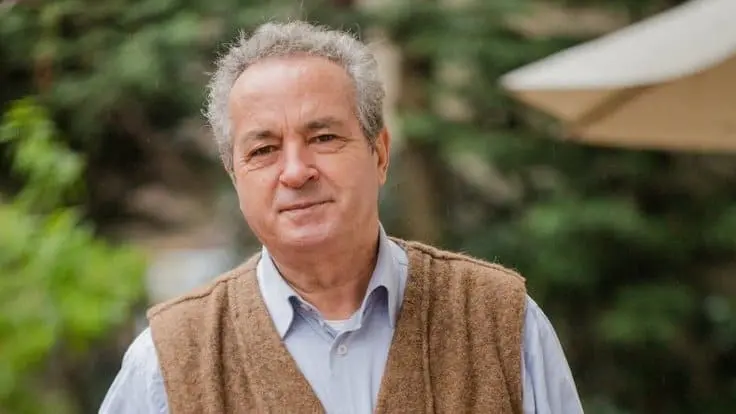Treason. Incitement. Tax fraud. These are some of the charges that the government of Cambodia has been levying against NGOs, newspapers, radio stations, and opposition politicians. Since July of 2017, under the leadership of Prime Minister Hun Sen—a former Khmer Rouge commander who has led Cambodia for more than 30 years—the government has been using a raft of legal charges to suppress, shut down, and silence dissenting voices within the country.
Beginning in August of 2017, Cambodia’s Ministry of Information has targeted over a dozen independent Cambodian radio stations that sell airtime to international broadcasters, local broadcasters, the country’s opposition Cambodia National Rescue Party, and several other small parties. Authorities have cancelled their authorizations to operate under a variety of rationales: that these channels had incorrect licenses, were unregistered with the appropriate authorities, or that they committed tax fraud.
In late August, the Ministry of Foreign Affairs and International Cooperation ordered the foreign staff of the National Democratic Institute—an American democracy-promotion organization that works “to promote openness and accountability in government”—to leave the country within a week and halt operations. The government accused the institute of violating relevant laws on nongovernmental organization operations and taxes.
On August 5, the government went after the independent newspaper, The Cambodia Daily, alleging it had failed to pay $6.3 million in back taxes and ordering it to pay within 30 days or risk closure. The newspaper, which has run in Cambodia for almost 25 years, announced that it was closing on September 3 because it couldn’t pay the hefty tax bill. The following day, the newspaper released their last ever edition with the headline “Descent into Outright Dictatorship.”
The day before The Cambodia Daily closed, its writers worked throughout the night to report on a breaking story: the arrest of opposition politician Khem Sokha for “treason.” Khem Sokha is considered Hun Sen’s most significant challenger for the post of Prime Minister. The government has accused Sokha of plotting to overthrow the country’s government with the help of the United States. Its “smoking gun” is a four-year-old video in which Sokha speaks about building a grassroots opposition movement.
It is a strange sort of poetry—a dark sort—that Hun Sen’s government acted to shut down The Cambodia Daily at the same time that it made such a transparent power grab by arresting one of the country’s most prominent opposition politicians. It is certainly more than coincidence. Media freedoms help protect other democratic freedoms. Independent voices help ensure healthy civic society. As observers have pointed out, these attacks on the press have gone in tandem with a crackdown on Cambodian civil society and opposition political figures.
The attack against The Cambodia Daily has not ended with its closure: On August 28, Daily journalists Aun Pheap and Zsomber Peter were charged with ‘incitement to commit a felony” after interviewing villagers about their voting patterns in Ratanakiri, in eastern Cambodia. “Incitement,” Article 495 of Cambodia’s Penal Code, has a long history in Cambodia of being implemented against human rights defenders participating in peaceful means of expression; a conviction can lead to years-long jail times. The case has since been sent to an investigating judge, leaving the prospect of up to two years in jail hanging over the journalists’ heads.
But while the targeting of the Daily is a saga all its own, the shutdown of radio outlets may be the bigger blow to media freedoms: 79 percent of Cambodia’s citizens reside in rural villages, and 48.2 percent of this population reports weekly radio usage. Radio plays a vital role in reporting news and events, and also in offering independent voices an outlet; independent voices remain strongest in radio, unlike newspapers and television.
Perhaps the most troubling aspect of this crackdown is how Prime Minister Hun Sen has wielded the entire machinery of the government against critics and independent voices: from treason to taxes. Hun Sen has himself gleefully led the crusade against these voices: He gave a press conference calling The Cambodia Daily “the chief thief,” has happily parroted President Trump’s rhetoric on “fake news” to attack American-funded news outlets and journalists in general, and has directly ordered investigations into the tax statuses or practices of various NGOs.
Many observers believe that this recent crackdown is tied to fears by Cambodia’s ruling party, the Cambodian People Party (CPP), that it may lose the upcoming 2018 elections. Indeed, human rights groups noted evidence of widespread electoral fraud during the last elections in 2013, which nonetheless saw the opposition party make significant gains. In the aftermath of that election, widespread protests erupted over the belief that the CPP had unfairly rigged the election in order to maintain its grip on power.
If this recent crackdown is indeed tied to the upcoming elections in July 2018, then it is likely that government suppression of dissenting speech will only get worse. Now is the time for the international community to send a strong signal that it will not turn a blind eye to the rollback of civil liberties within the country. And for free expression advocates all over the world, it is imperative that we stand in solidarity with the journalists, storytellers, and others who speak truth to power in Cambodia.

